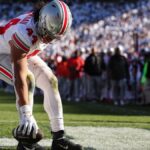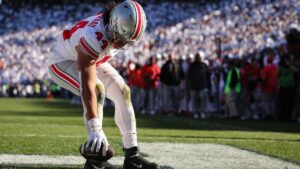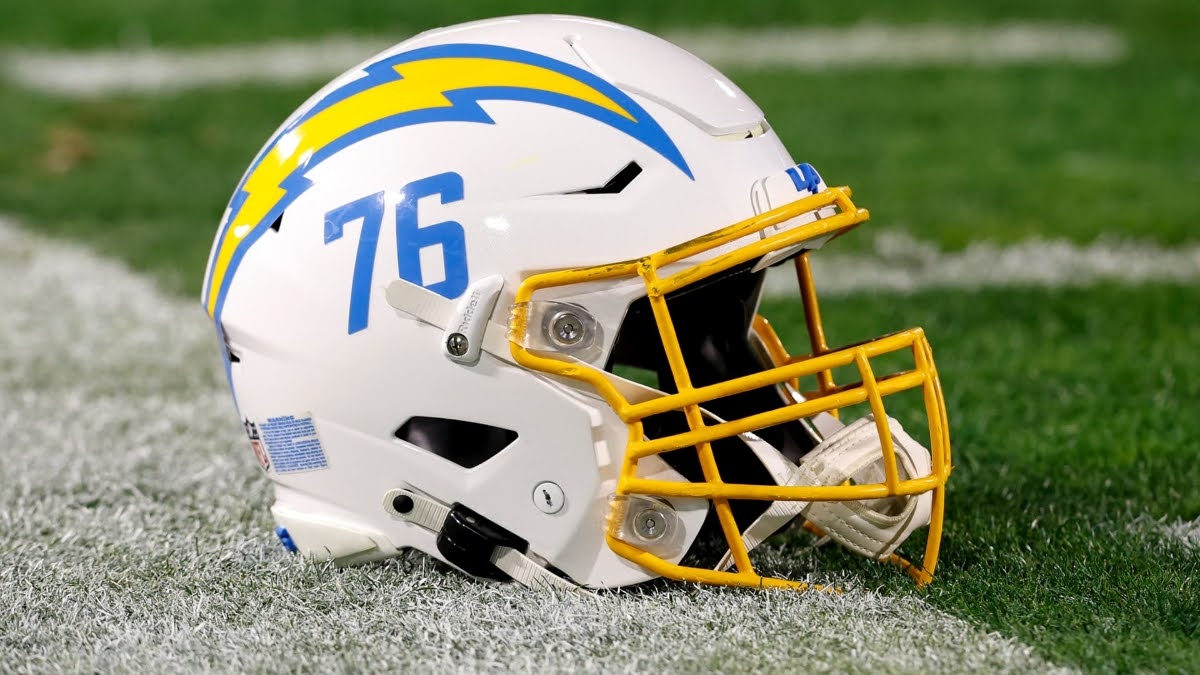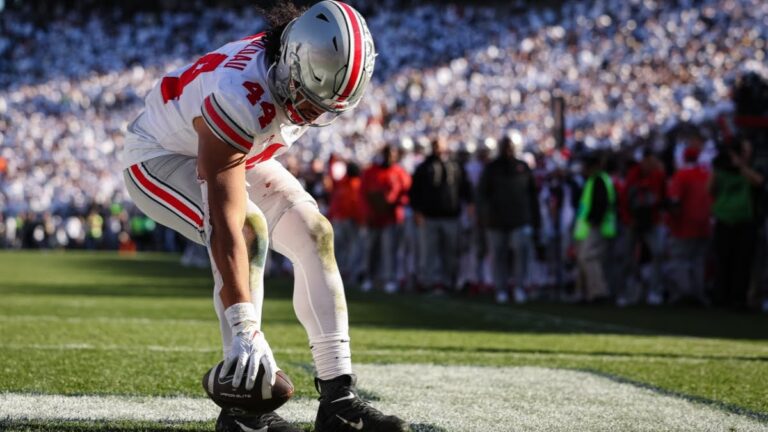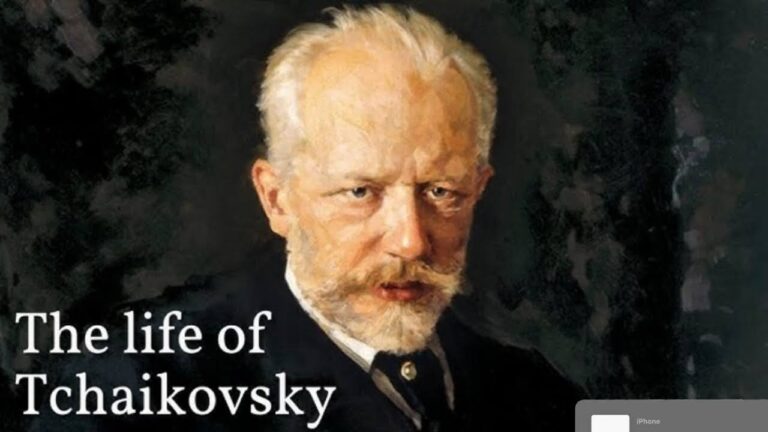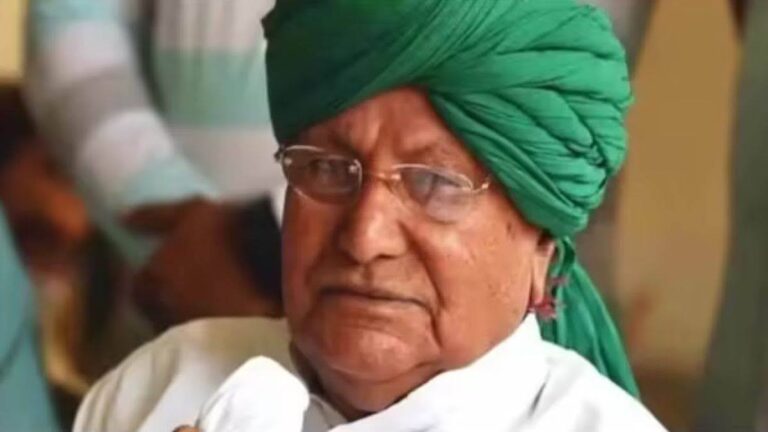The Los Angeles Chargers, originally known as the San Diego Chargers, are a professional football team competing in the National Football League (NFL). Established in 1960, the Chargers have a rich and dynamic history marked by iconic players, significant achievements, and notable rivalries. Over the decades, the Chargers have evolved from being part of the fledgling AFL to becoming a prominent NFL franchise. This blog dives into the team’s origin, standout moments, relocations, and current standing in the league.
The Founding of the Chargers
The Chargers were founded in 1960 by Barron Hilton, the son of Conrad Hilton, the hotel magnate. Initially based in Los Angeles, the Chargers were one of the eight charter members of the American Football League (AFL). Hilton chose the name “Chargers” inspired by the sound of trumpets during a charge in sporting events. Despite being based in Los Angeles, the team moved to San Diego in 1961, citing better fan engagement and opportunities.
In their debut season, the Team made an immediate impact, finishing 10-4 under head coach Sid Gillman, one of the pioneers of modern offensive football strategies.
The AFL Years (1960–1969)
The Chargers quickly became a powerhouse in the AFL, reaching the championship game five times during the 1960s. They claimed their first and only AFL Championship in 1963 by defeating the Boston Patriots 51-10. This victory highlighted their innovative offensive system, spearheaded by Sid Gillman and players like Lance Alworth, a Hall of Fame wide receiver.
During this era, were known for their high-scoring offense and the creation of game-changing plays, earning them a reputation as one of the most exciting teams to watch.
The Merger and Early NFL Years (1970–1980)
With the AFL-NFL merger in 1970, the Chargers became part of the NFL. However, their success in the AFL did not immediately translate to the NFL. Throughout the 1970s, struggled with inconsistency, failing to make the playoffs for most of the decade.
A turning point came in the late 1970s with the arrival of head coach Don Coryell. Known for his innovative passing offense, dubbed “Air Coryell”, the Chargers became a dominant force in the league. Players like quarterback Dan Fouts, wide receivers Charlie Joiner and John Jefferson, and tight end Kellen Winslow turned the Chargers into an offensive juggernaut.
The Golden Era: Air Coryell and the 1980s
Under Don Coryell’s leadership, the Chargers thrived in the early 1980s. They reached the AFC Championship Game in 1980 and 1981 but fell short of a Super Bowl appearance. Despite this, the Chargers’ explosive offense set numerous records, and Dan Fouts became one of the league’s most prolific passers.
The teams’ defense, however, struggled during this era, earning the moniker “The Bend But Don’t Break Defense.” This lack of balance often hindered their Super Bowl aspirations.
Challenges in the 1990s for the Chargers.
The 1990s were a rollercoaster decade for the Chargers. After a series of losing seasons, the team rebounded under head coach Bobby Ross and general manager Bobby Beathard. In 1994, the Teamachieved their greatest success by winning the AFC Championship and earning their first-ever trip to the Super Bowl. Unfortunately, they lost to the San Francisco 49ers in Super Bowl XXIX, with a score of 49-26.
Standout players during this period included linebacker Junior Seau, who became a symbol of the team’s grit and determination, and running back Natrone Means.
The LaDainian Tomlinson Era (2000–2010)
The early 2000s marked the arrival of one of the greatest players in its history, LaDainian Tomlinson (LT). Drafted in 2001, LT quickly became the face of the franchise, breaking numerous records and solidifying his place as one of the NFL’s best running backs.
In 2006, under head coach Marty Schottenheimer, achieved a franchise-best 14-2 record. However, their playoff run ended prematurely, continuing a pattern of postseason disappointment. Alongside LT, players like quarterback Philip Rivers, tight end Antonio Gates, and linebacker Shawne Merriman helped the Chargers remain competitive throughout the decade.
Relocation Back to Los Angeles (2017)
In 2017, after more than five decades in San Diego, the Chargers relocated to Los Angeles. The move was controversial, as many San Diego fans felt betrayed by the team’s departure. The Chargers began playing at the StubHub Center, a smaller venue, before moving to the state-of-the-art SoFi Stadium in 2020, which they share with the Los Angeles Rams.
The relocation marked a new chapter for the team, as they sought to establish themselves in a competitive Los Angeles sports market.
The Justin Herbert Era (2020–Present) for the Chargers.
The Chargers’ future took a promising turn with the drafting of quarterback Justin Herbert in 2020. Herbert quickly proved to be a franchise quarterback, setting numerous rookie records and earning the NFL Offensive Rookie of the Year award.
Under head coach Brandon Staley, the Chargers have shown flashes of brilliance, combining a high-powered offense led by Herbert, wide receiver Keenan Allen, and running back Austin Ekeler, with a solid defense anchored by pass rusher Joey Bosa and safety Derwin James.
The team continues to build toward success, aiming to recapture the glory of its past while forging a new identity in Los Angeles.
Key Rivalries for the Chargers.
The Chargers have intense rivalries within the AFC West Division, particularly with:
- Kansas City Chiefs: This rivalry has grown in intensity with both teams featuring explosive offenses in recent years.
- Las Vegas Raiders: A historic rivalry dating back to the AFL days.
- Denver Broncos: Known for hard-fought battles that often have playoff implications.
Iconic Players and Legacy
Over the years, the Chargers have produced several Hall of Fame players, including:
- Lance Alworth
- Dan Fouts
- Kellen Winslow
- Junior Seau
- LaDainian Tomlinson
Their contributions have solidified the Teams’ reputation as a team with a rich history of talent and innovation.
Conclusion
The Los Angeles have had a journey marked by triumphs, challenges, and transformations. From their beginnings in the AFL to their current status in the NFL, the team has consistently showcased innovation, resilience, and star power. With a bright future led by Justin Herbert and a commitment to excellence, the teams are poised to make history once again. Their story is one of enduring passion, both on the field and among their loyal fans.

